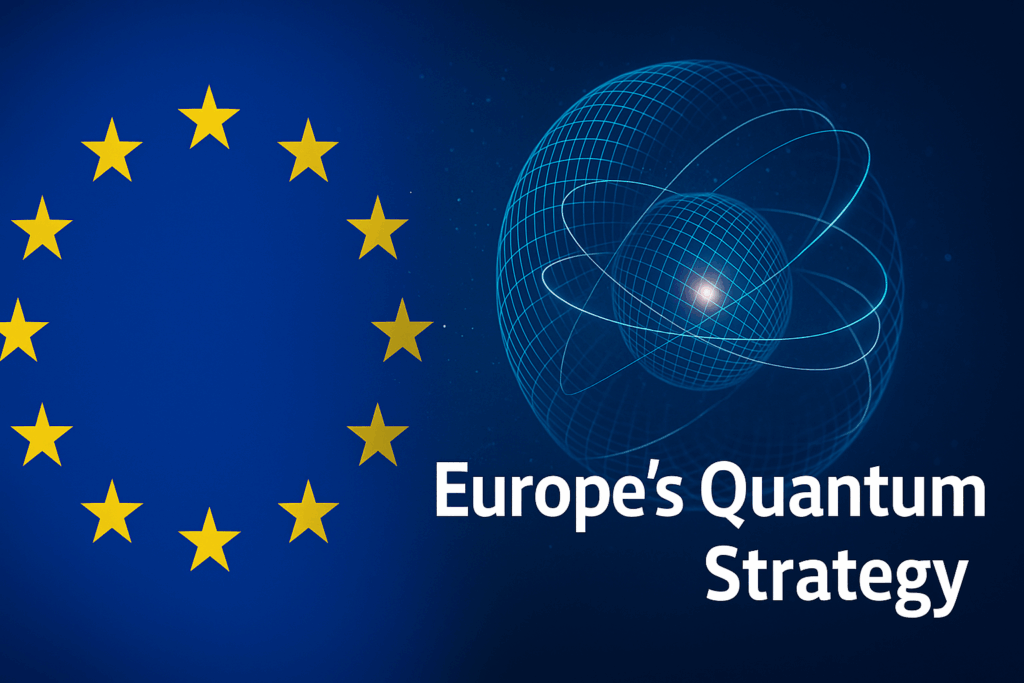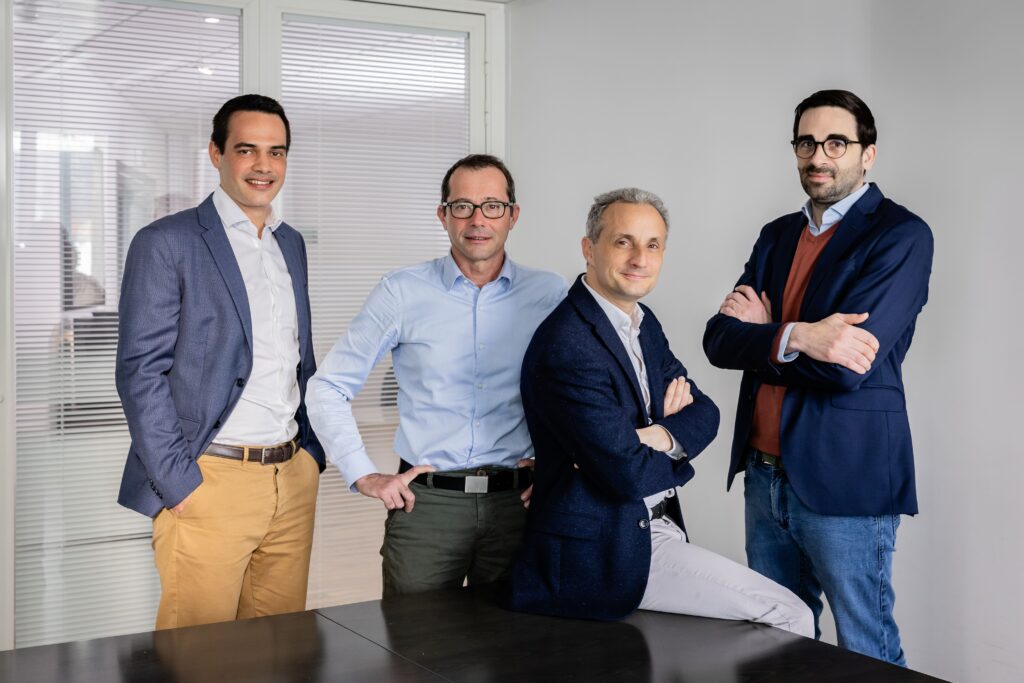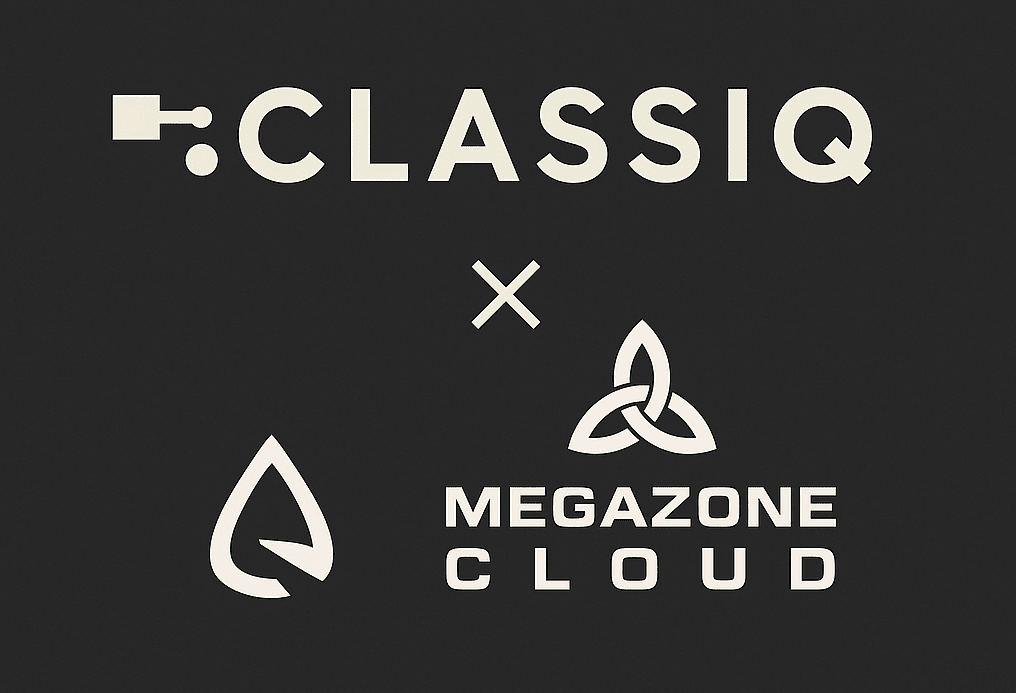Insider Brief
- Qolab, a quantum computing startup that includes co-founders who were former Google quantum leaders, has secured $3.5 million from the Development Bank of Japan, as reported by Nikkei Asia.
- This funding aligns with Japan’s strategy to strengthen its role in the competitive Asian quantum sector.
- Funds will also support Qolab’s mission to develop utility-scale superconducting quantum computers.
Qolab, a quantum computing startup founded by former Google quantum leaders, has received a $3.5 million investment from the Development Bank of Japan, according to Nikkei Asia. The funding shows growing interest in Qolab’s ambitious mission to develop utility-scale superconducting quantum computers.
The investment also comes as part of Japan’s strategy to position itself among the leaders of emerging quantum technology, particularly in Asia’s competitive quantum sector.
Founded by Alan Ho, John Martinis and Robert McDermott, Qolab aims to bring quantum computing closer to practical application through innovations that enhance qubit coherence, a critical factor in the reliability of quantum systems. Alan Ho, who previously played a key role in quantum computing initiatives at Google, serves as CEO, with John Martinis, a pioneering physicist noted for his work in Google’s quantum supremacy experiment, as Chief Technology Officer. Robert McDermott, a distinguished physicist from the University of Wisconsin-Madison, heads up Qolab’s hardware division.

Qolab’s primary focus on superconducting qubits positions it among a group of startups leveraging this promising technology. Superconducting qubits are seen by many industry experts as a leading approach to achieving reliable, large-scale quantum computing.
Qolab’s technological strategy centers on enhancing qubit coherence, which refers to the duration a qubit can maintain its quantum state without errors. Improving coherence is vital for performing complex quantum calculations, a goal that Qolab is advancing through a strategic partnership with semiconductor tooling leader Applied Materials. This collaboration aims to develop proprietary fabrication processes to increase qubit stability and reduce error rates, two critical obstacles in scaling quantum computers. According to earlier Qolab’s job postings, the company is also partnering with experts in device fabrication, high-speed electronics and high-performance computing to accelerate its developments, as well.
The addition of the Development Bank of Japan’s capital could be expected to fuel Qolab’s research and development pipeline, supporting its mission to deliver high-quality, stable qubits—a key technical component of quantum computing that remains difficult to achieve. Japan’s strategic investment also indicates a broader national interest in advancing quantum technology. Japan has been steadily increasing its footprint in the quantum landscape, joining countries like the United States and China in funding quantum research and startups with potential commercial applications.
















